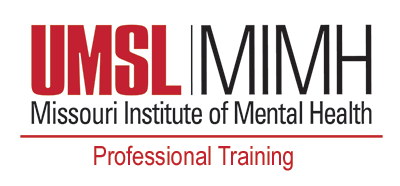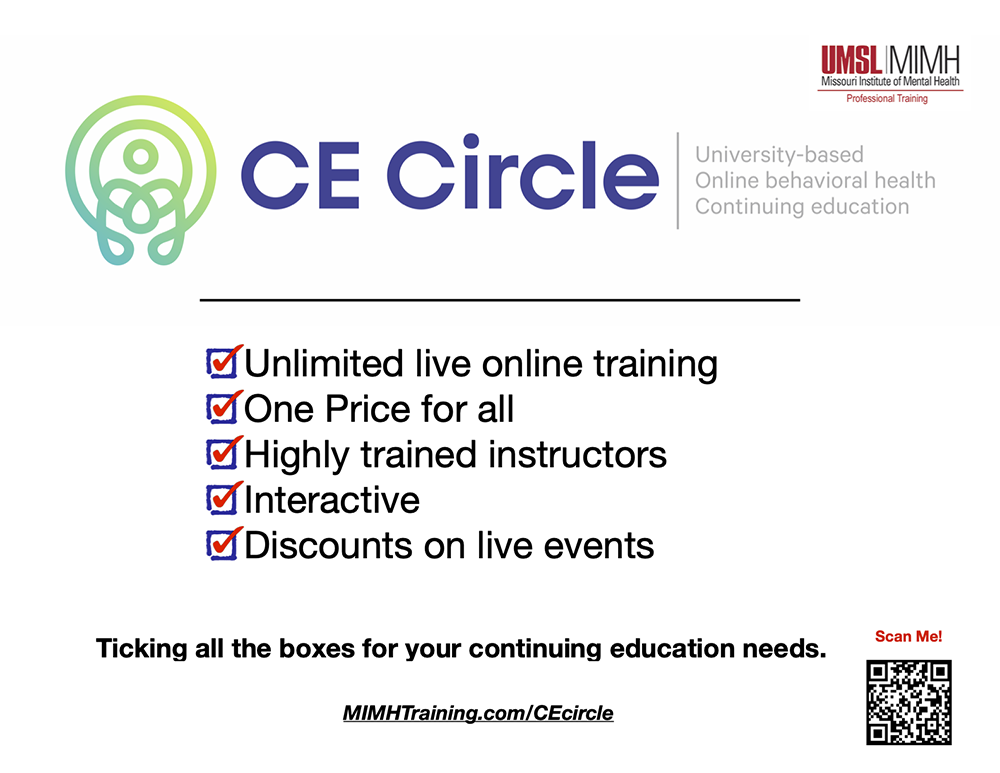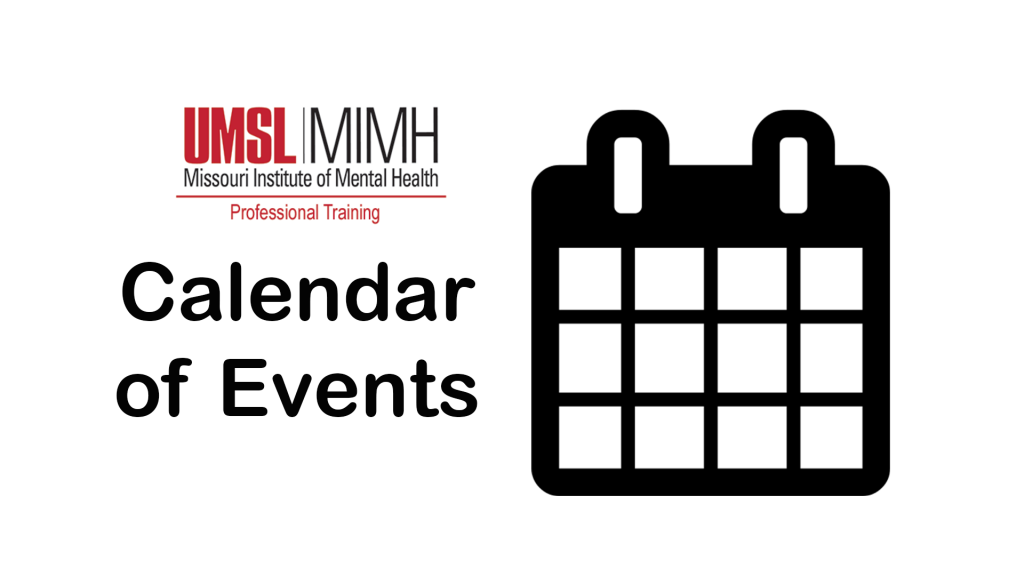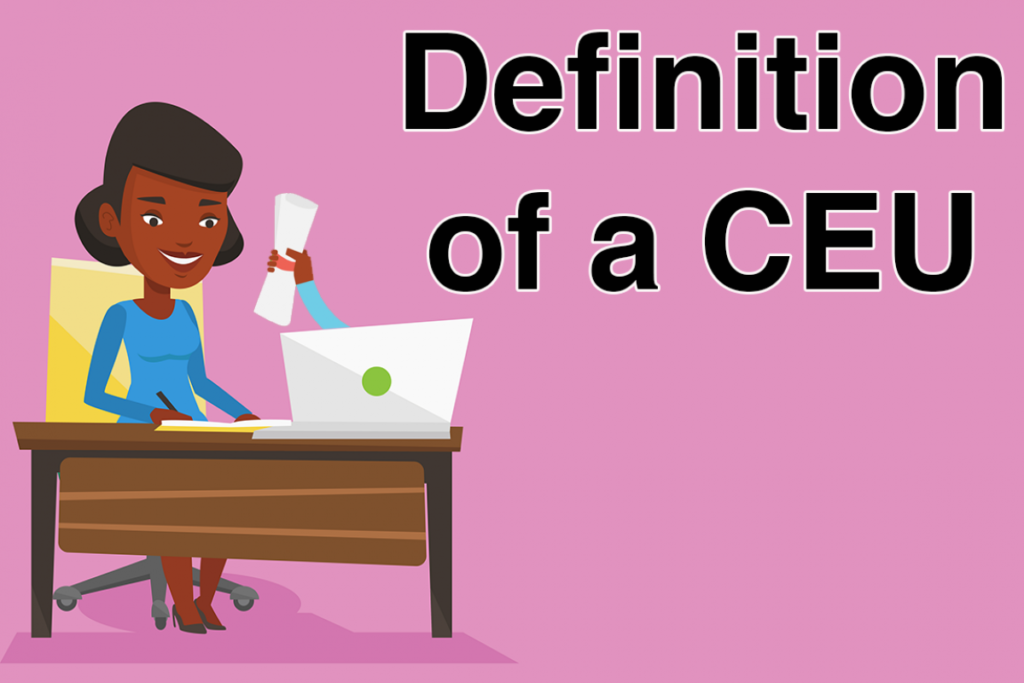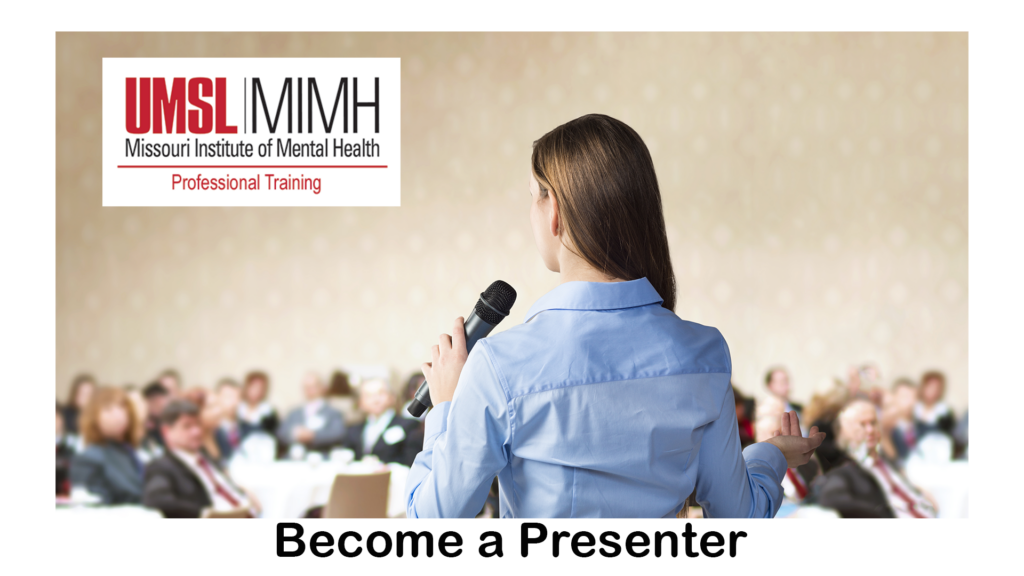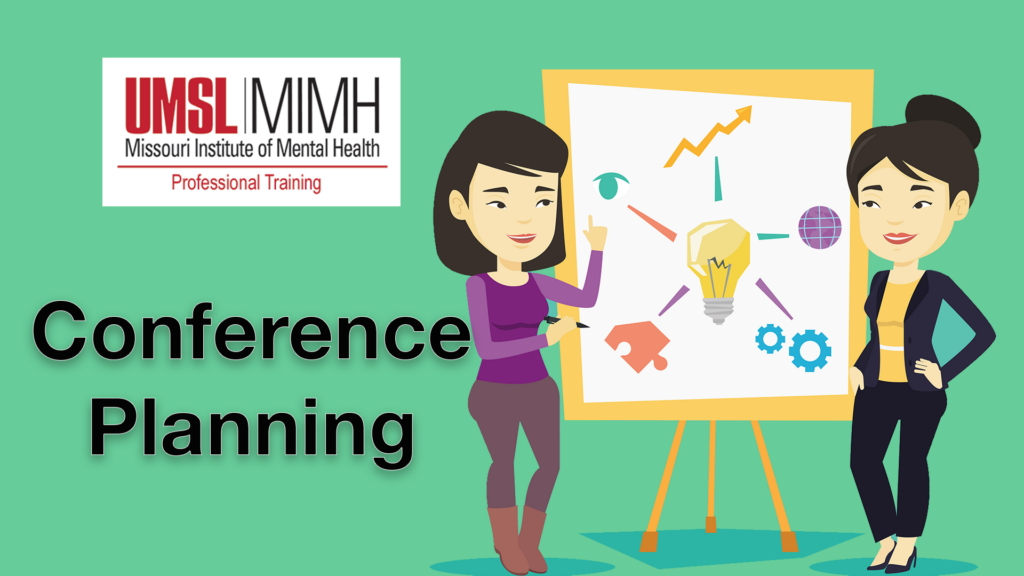Empowering People with Mental Illness through Treatment Planning
People have the right to participate in their own lives to the extent they can, and this applies to people with mental illnesses and other vulnerable populations. In this presentation, Dr. Linhorst defines empowerment, lays out the conditions and circumstances under which empowerment is likely to take place, and provides concrete examples of applying the principles of empowerment.
